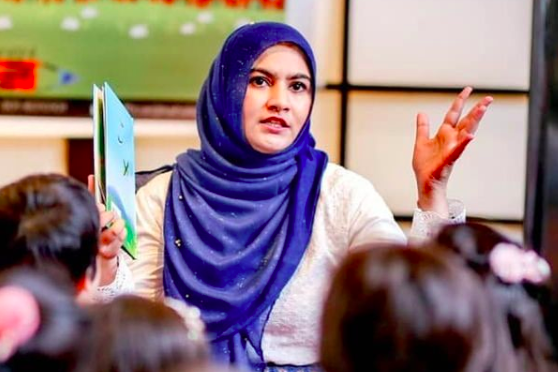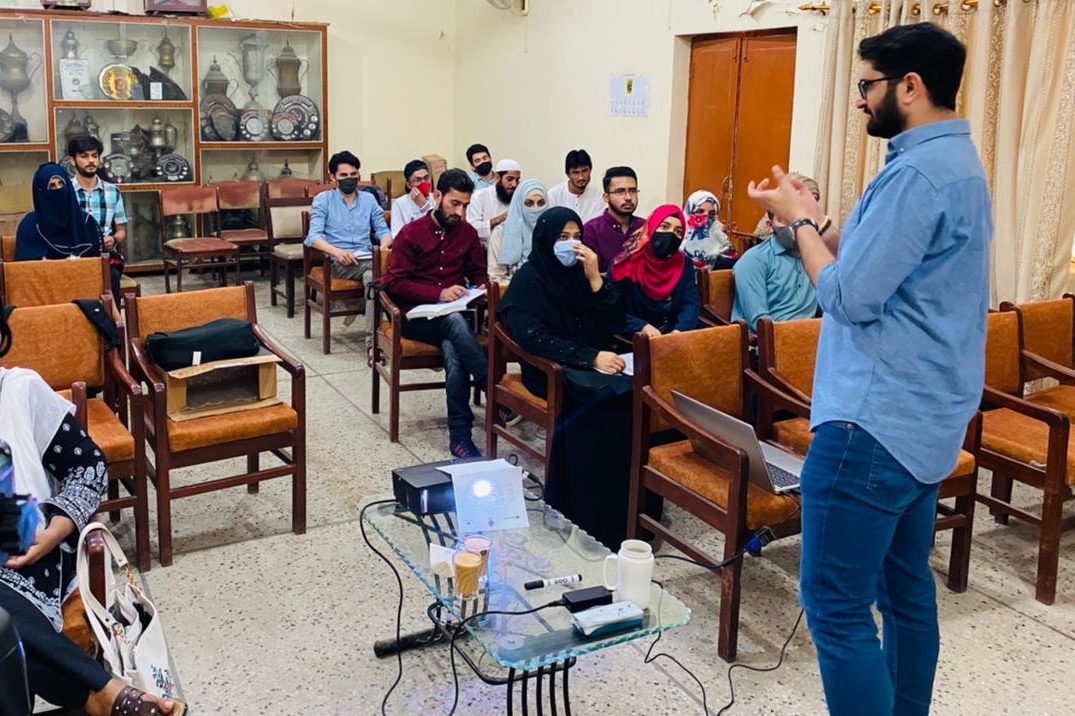Call for Submission of Ideas: Social Enterprise Idea Challenge
YPI- Social Enterprise Idea Challenge اردو The Social Enterprise Idea Challenge, a part of Accountability Lab’s Youth Peace Incubation Program (YPI), is now open to receive idea submissions from students of our partner universities: the University of Karachi, Federal Urdu University of Arts, Science and Technology - Karachi, Women University of Swabi, Abdul Wali Khan University Mardan, University of Central Punjab - Lahore, and Muhammad Nawaz Sharif University of Agriculture Multan. If you or your team have an idea that you wish to develop to tackle a social issue in Pakistan, this is your opportunity to pitch it and get [...]










